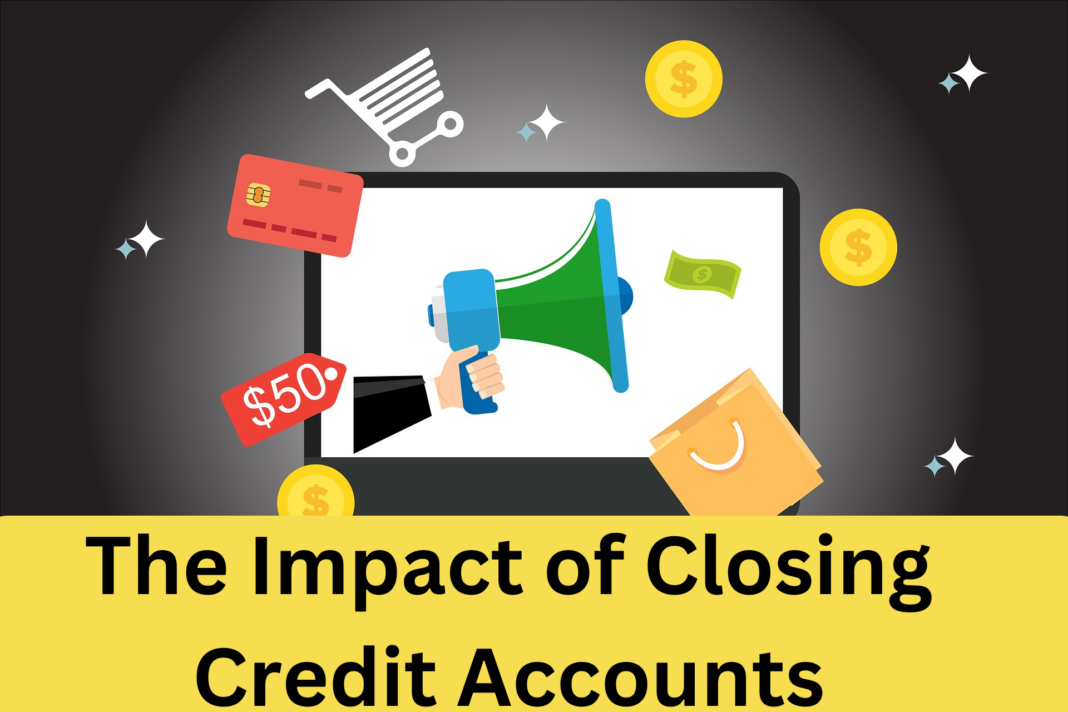Debt itself can be quite a heavy burden to bear, but having that debt sent to collections is even more stressful and overwhelming. Understanding your rights and the way the collection process is carried out is all part of maintaining control over your financial well-being.

The given comprehensive guide will walk you through everything related to debt collection practices, from the legal framework surrounding these activities and the most common techniques used by the collectors themselves down to how to manage and settle your debts effectively. Whether you are burdened with any type of debt in collections, including credit card debt and medical bills, this article intends to provide you with valuable knowledge and tools for easy and confident navigation through the process.
Debt collection can be tricky, but with the right knowledge combined with an active attitude, you will be very well-protected from these collectors and have the option to work your way toward a resolution that best suits you. So let’s dive in and unpack a few of the thorny features of debt collection practices; understanding them will empower you to take control of your financial futures.
Understanding the Legal Framework
Before delving deep into the details of debt collection practices, it would be important first to understand the basic law enveloping the business.
The Fair Debt Collection Practices Act FDCPA
The Fair Debt Collection Practices Act regulates the behavior of third-party debt collectors by placing boundaries on when and how they can communicate with consumers. Key provisions of the FDCPA include:
- Restrictions on times and methods of communication
Harassment, abuse, and false or misleading representations are prohibited · Debt collectors must provide certain information regarding the debt
State Laws and Regulations
In addition to the FDCPA, various states operate under their own particular set of laws and regulations with regard to debt collection practices. Added protection may be afforded or more strictly set upon collectors operating within the state.
Statute of Limitations on Debt
Every state has a statute of limitations, which quite simply is the amount of time a creditor has to sue a consumer for an outstanding debt. If this time period passes, a debt becomes “time-barred,” and a creditor can no longer sue you for the debt, although they may continue to try to collect on it.
Knowing your rights regarding debt collection will also enable you to avoid some unfair practices that may affect you.
Common Debt Collection Tactics
There are many tactics that debt collectors may use when trying to recover an outstanding debt. It is good to be aware of such tactics so as to identify them and prepare the appropriate response.
Telephone Harassment
The debt collectors may call you repeatedly, even at odd hours of the day, in order to solicit a payment from you. This could amount to a violation of the FDCPA.
Threats of Legal Action
Collectors may threaten to sue or garnish your wages if you do not pay a debt, even if they have no intention or legal standing to do so.
Deceptive Representations
Misrepresenting the amount of debt owed, the legal status of the debt, or the authority to collect the debt.
Contacts with Third Parties
Debt collectors can contact the consumer’s friends, relatives, or employer simply to notify them that the consumer owes a debt as a means of invading the privacy of the consumer.
Phantom Debt Collection
Some collectors attempt to collect for a debt that does not exist or is not actually owed.
Improper Means of Communication
For instance, calling you at work after being told not to is a method of contact that violates the FDCPA.
Being able to recognize these tactics will better prepare you to take the best course of action to protect yourself and your rights.
Dealing with Debt Collectors
The way you handle debt collectors involves understanding your rights and responsibilities and the tools that you can use to control the situation.
Validating the Debt
Under the FDCPA, you are entitled to seek validation of the debt within 30 days from the date of the collector’s initial contact. You can get any discrepancies or errors in your debt clearly explained.
Requesting Cease and Desist
If a collector is bothering you by harassment or other abusive means, you have the right to send him a cease and desist letter that will ensure that the collector stops communicating with you.
Negotiating Payment Terms
You may be able to negotiate with the collector in some instances to set up a payment plan, or a settlement that reduces the overall amount owed.
Disputing Inaccurate Information
If you find errors in the reported debt information given to credit bureaus, you have the right to dispute those inaccuracies with the collector and the credit bureaus.
Getting an Attorney
If a collector harasses you repeatedly or you are not sure what to do next, it may be helpful to consult a consumer protection attorney.
Focus on Essential Expenses
If you have a debt collection problem, pay for necessary expenses like housing, food, and utility bills first before making debt payments.
Unravelling the labyrinth, which is the collection process, means, in large part, knowing one’s rights regarding how to reclaim control of such a circumstance.
The Debt Collection Process
In order to effectively manage collections of debt, it is helpful to understand the general steps common in the process.
Initial Contact and Demands
These usually begin with a progression of notices and demands for payment from the original creditor, such as a credit card company or a medical provider. Failure to pay one’s debt may result in the account being sold or transferred to a third-party debt collector.
Debt Collector Outreach
If the debt has been forwarded to a third-party collector, they will generally contact you by telephone, mail, or other means to collect it.
Verification and Dispute Resolution
The collector must provide verification of the debt if a person disputes owing a debt or requests verification of it. This is one way to identify mistakes and inaccuracies.
Negotiation and Settlement
Depending on your financial situation, you may be able to work out a payment plan or a one-time settlement with the collector. This is possibly a way to lessen the total amount owed.
Legal Action and Judgment
If the debt is unpaid, the collector might go to court on such grounds as suing you for the balance owed. It may result in a judgment against you and allow the collector to garnish your wages or seize assets.
Statute of Limitations and Time-Barred Debts
Each state has a statute of limitations on debt, and when that’s reached, the debt is considered “time-barred.” The collector can no longer sue for it, even though they may still try to collect. Knowing the general process that is followed in collecting debts will help in the way one can troubleshoot and prepare for the next steps so that a feasible decision may be reached.
In debt collections, one has to devise some strategic method as to how one is going to get the issue resolved in such a way that one’s rights and financial wellbeing come out unscathed.
Devise a Plan for Your Debt Management
Make a budget and list all your debts, ranking them in order of priority-e.g., which ones are most overdue or carry the highest rate of interest. This will then help in making sensible judgments about how to apportion your money.
Communicate Proactively
Communicate with the collectors and the creditors, present your case before them, and try to reach a mutually agreeable solution. Record each discussion.
Negotiate Payment Terms
Collectors may accept a one-time settlement or a payment plan and, in these circumstances, there is a chance that the amount to be paid is reduced either in one go or per month.
Get Professional Assistance
Consider consulting a credit counseling agency or consumer protection attorney, who can provide much-needed advice and help you work your way through debt collection.
Monitor Credit Reports
Periodically review your credit reports to ensure that the debts that have been settled or out of statute reflect proper status. If there are errors in them, dispute them with the applicable credit bureaus.
Rebuild Your Credit
Once you have paid all of your debts, ensure that you rebuild good credit by practicing responsible financial behavior, such as making timely payments and keeping credit utilization low.
By pursuing these measures, you can be proactive about the debt collection process and work toward a resolution to your situation that is compatible with your financial goals.
Avoiding Future Debt Problems
While important to resolve current debt collections, there are similarly critical steps you can take to prevent future debt issues.
Develop a Budgeting Habit
By making a realistic budget and sticking to it, you are able to keep your spending within control and not overspend.
Build an Emergency Fund
A cash cushion on hand can finance the bumps in spending that occur when accidents happen and avoid the use of credit just to get by.
Prioritize Debt Repayment
If you have outstanding debts, plan on paying them off one by one – target high-interest burdens first.
Use Credit Responsibly
Practice good credit habits: make timely payments, keep low balances, and don’t apply for credit when you don’t need it.
See Financial Counseling
If you can’t manage your debt or make an appropriate budget, look into a credit counselling agency or financial advisor who can help you develop a long-term plan.
By being proactive about the causes of your debt and taking measures to stay financially stable, you can reduce the likelihood of having future collection problems.
Conclusion
Debt collection can be overwhelming, but the right information, plus proactive steps, places you in a good position to protect yourself and hopefully reach a resolution.
Remember, it is within your power to take control of your financial situation. Understand the rule of law pertaining to you, know some of their tactics in collecting debts, and learn how to manage and settle your debts properly.
By knowing your rights and communicating with creditors, negotiation could be major in confidence toward the process of debt collection while working toward a future free of outstanding obligations.
There is no easy road to financial freedom, but with persistence and the right tools, it is achievable. Stand up to debt collections and get back on your feet by being vigilant, fighting for your rights, and, if needed, enlisting professional help.
The fact is that full knowledge of debt collection practices will go a long way toward reassessing your life financially. Instead, by arming oneself with knowledge and a strategic perspective, one can emerge stronger, wiser, and better equipped from this experience to take care of a healthy financial future.






